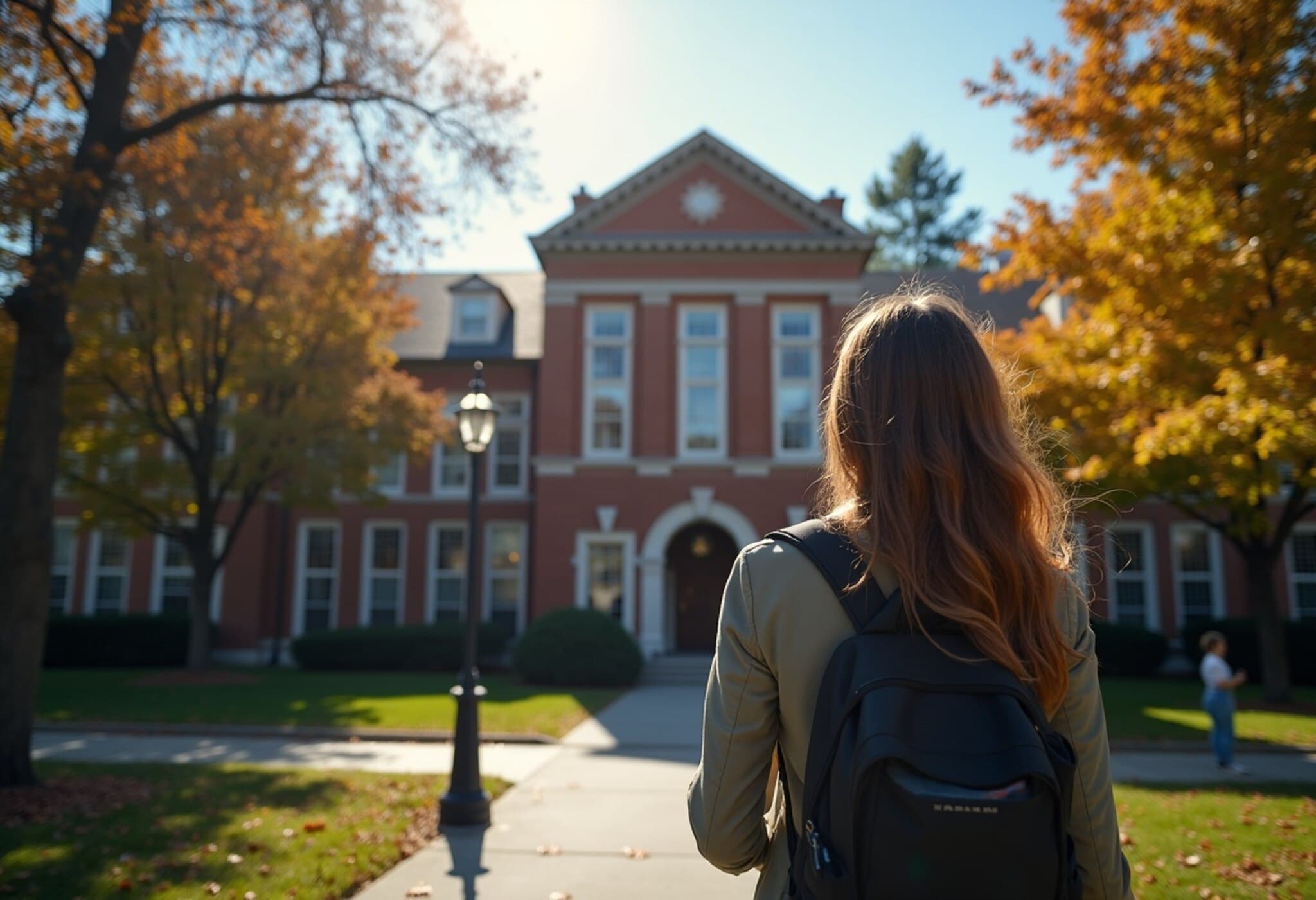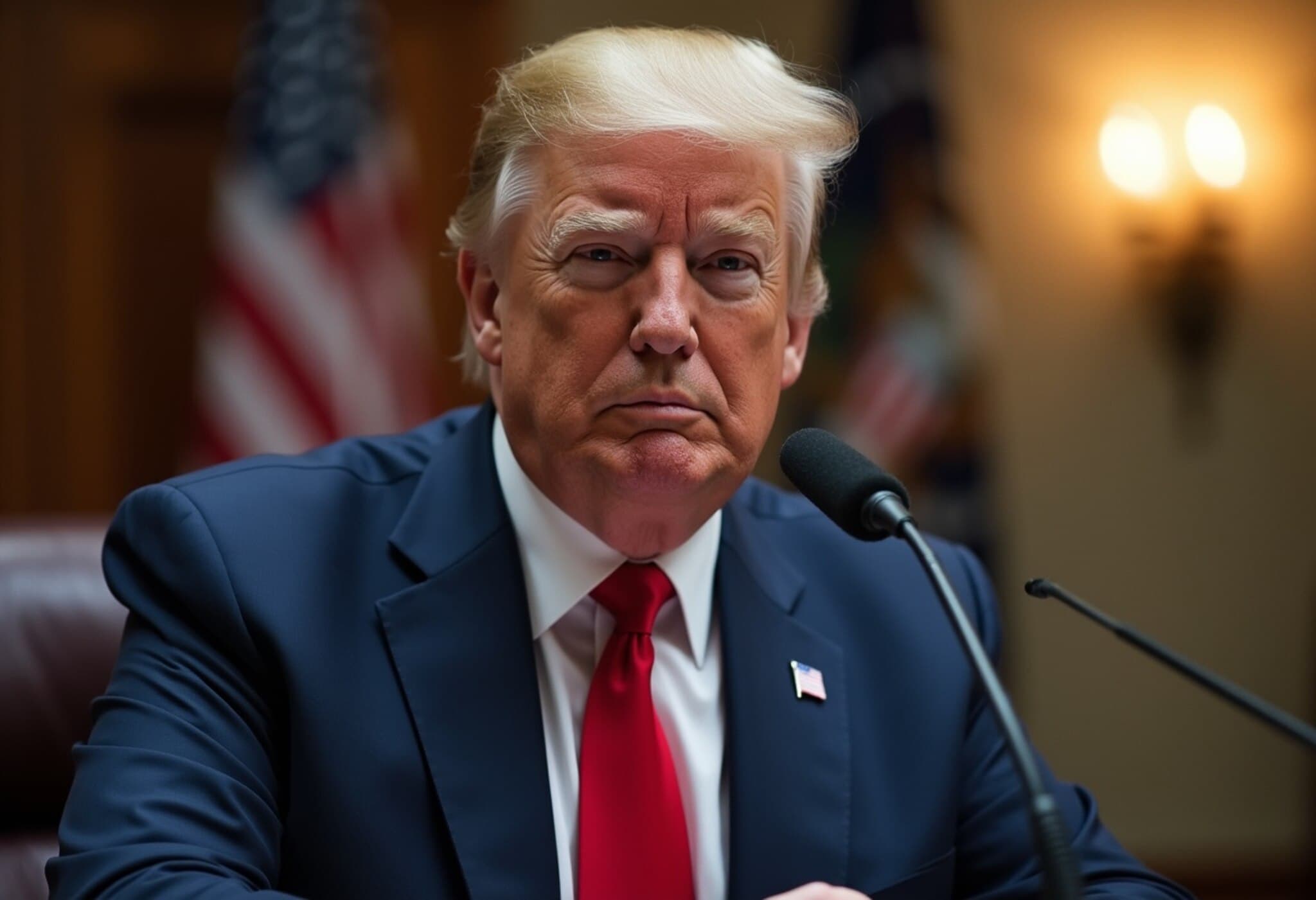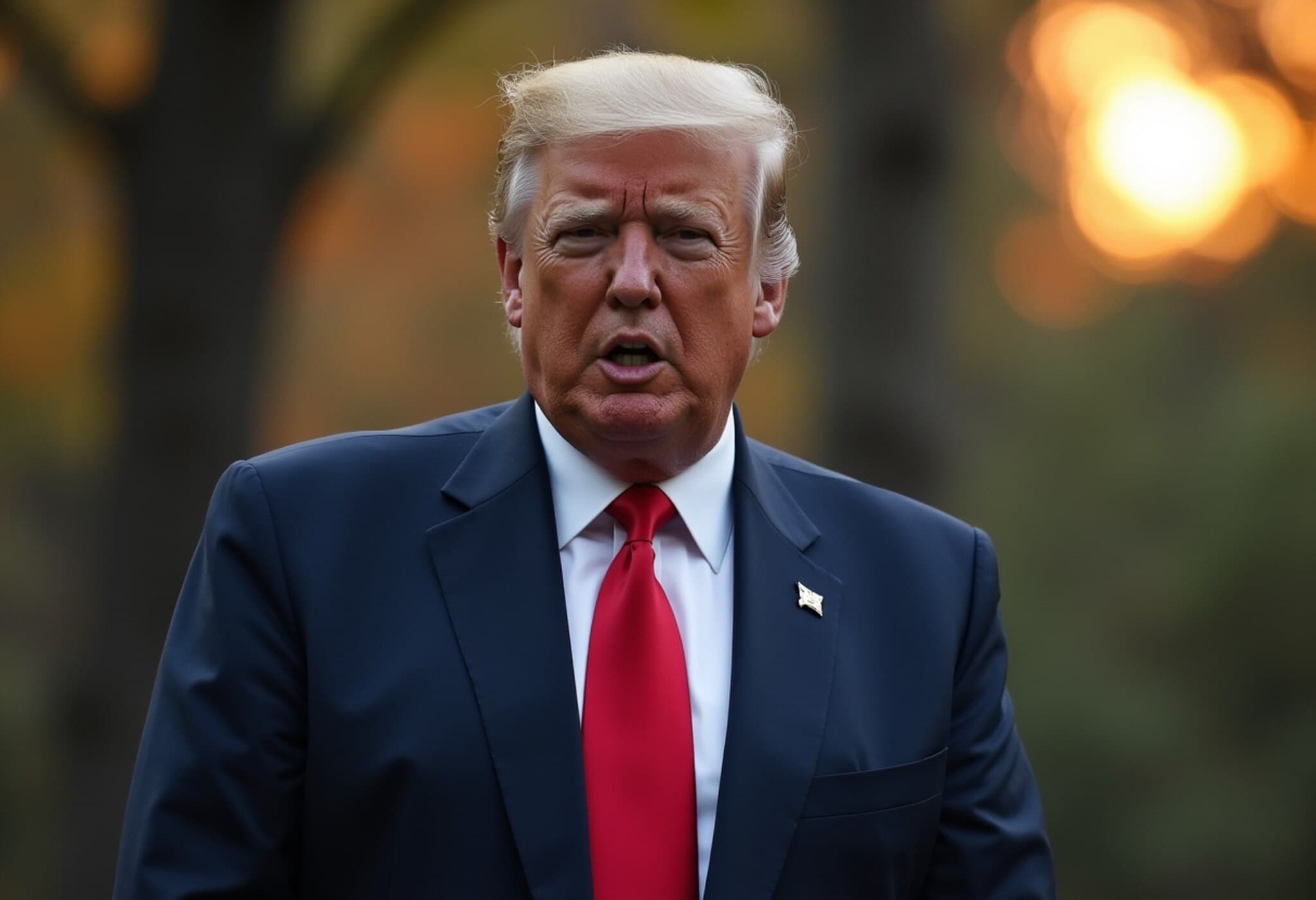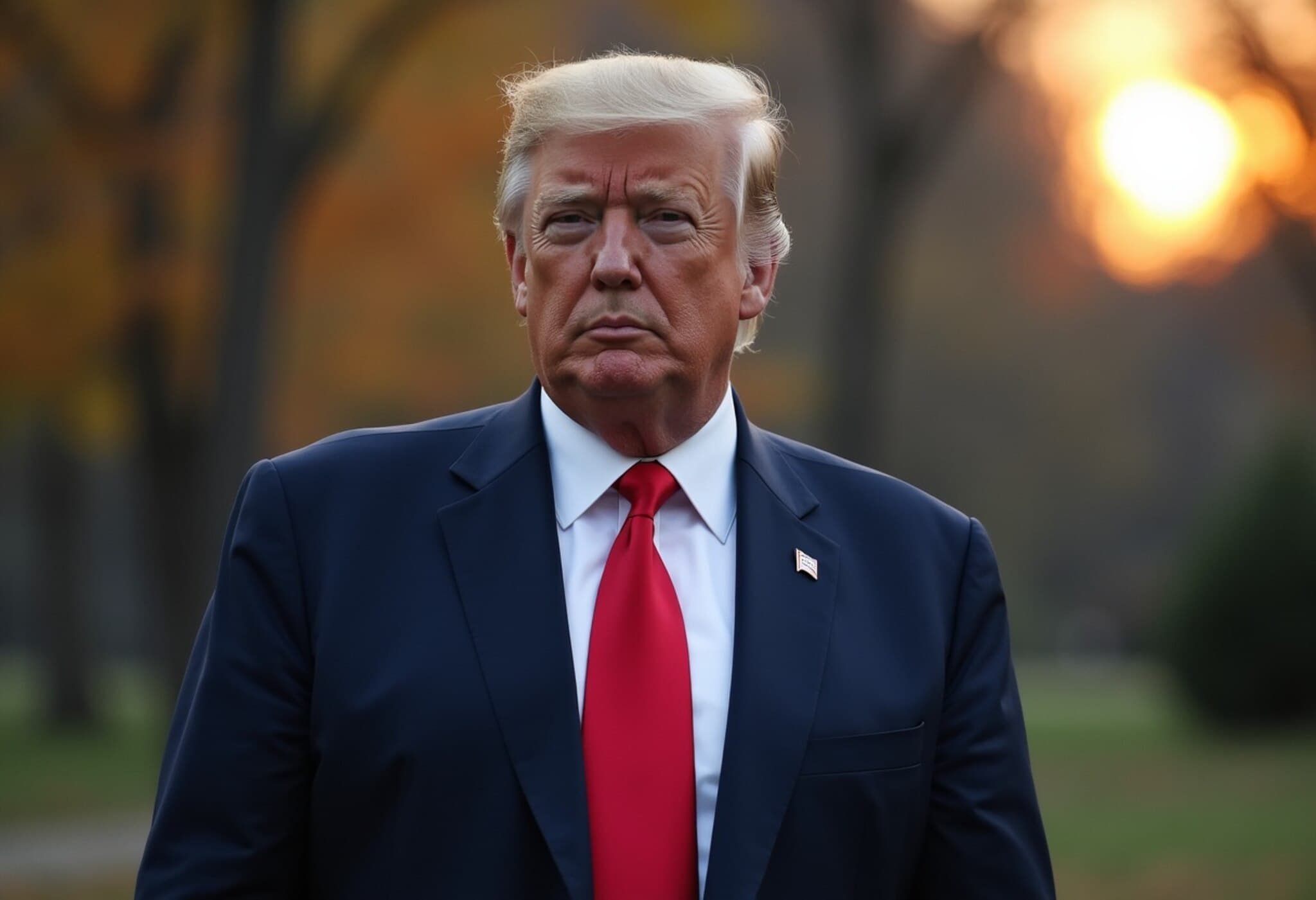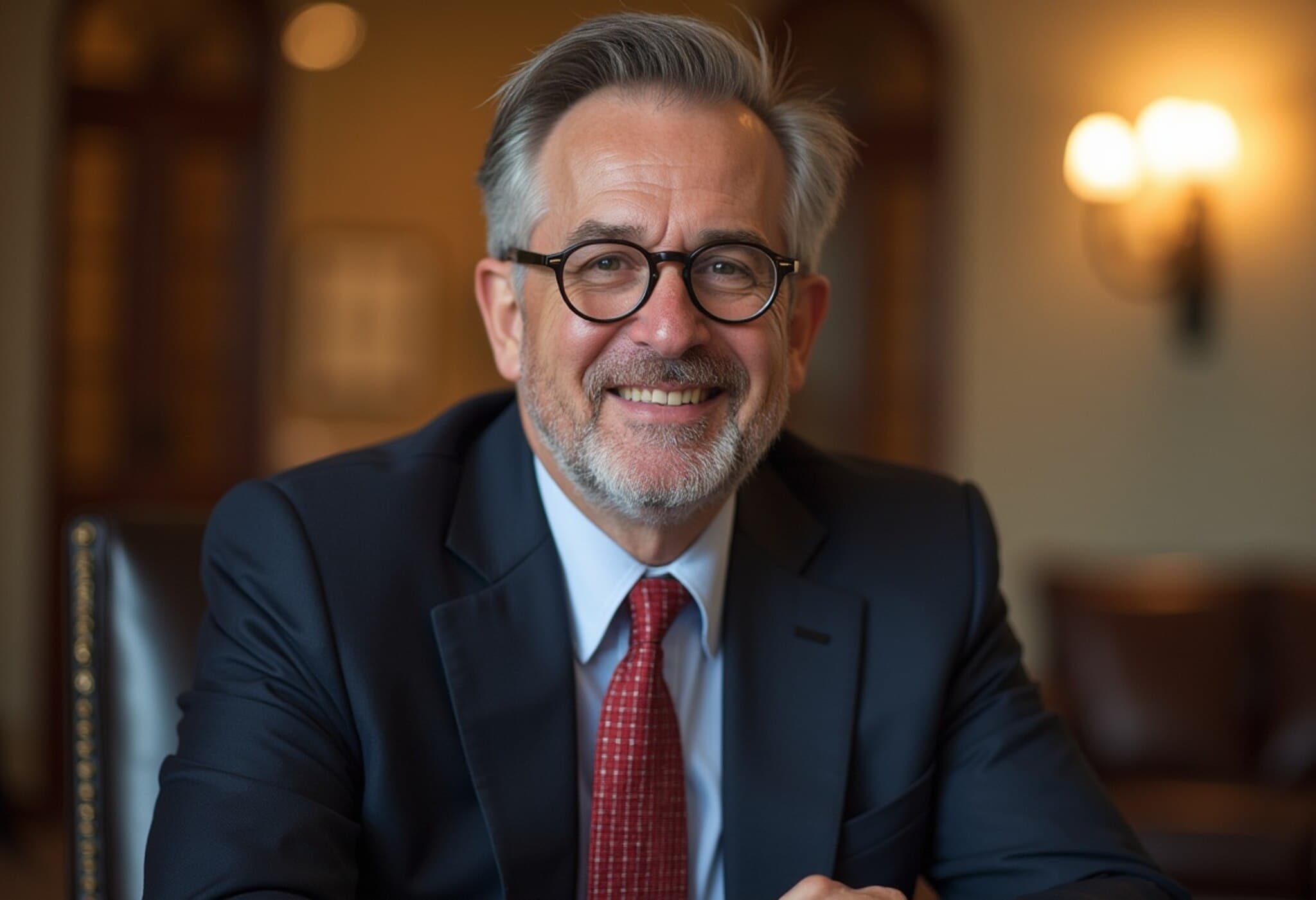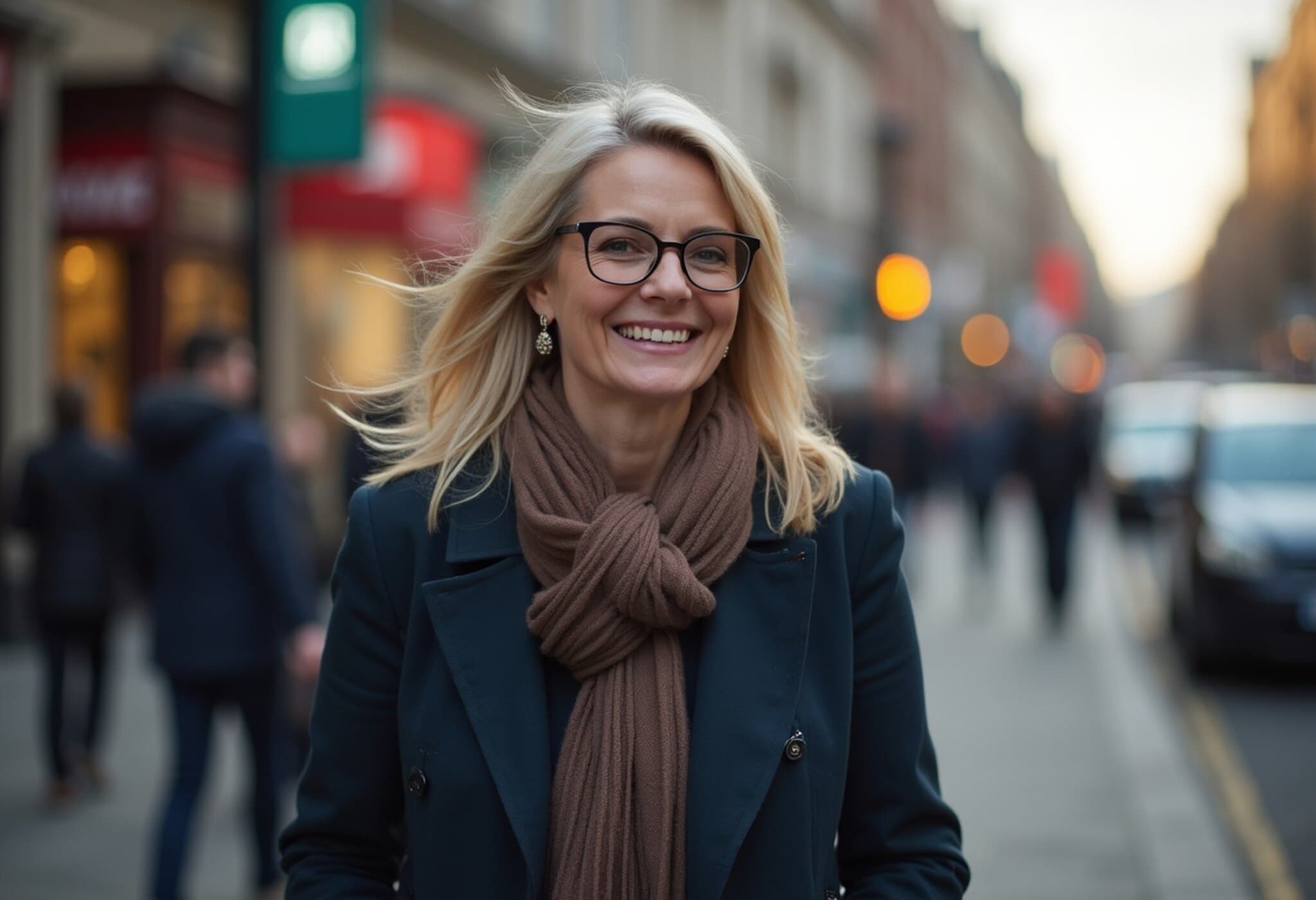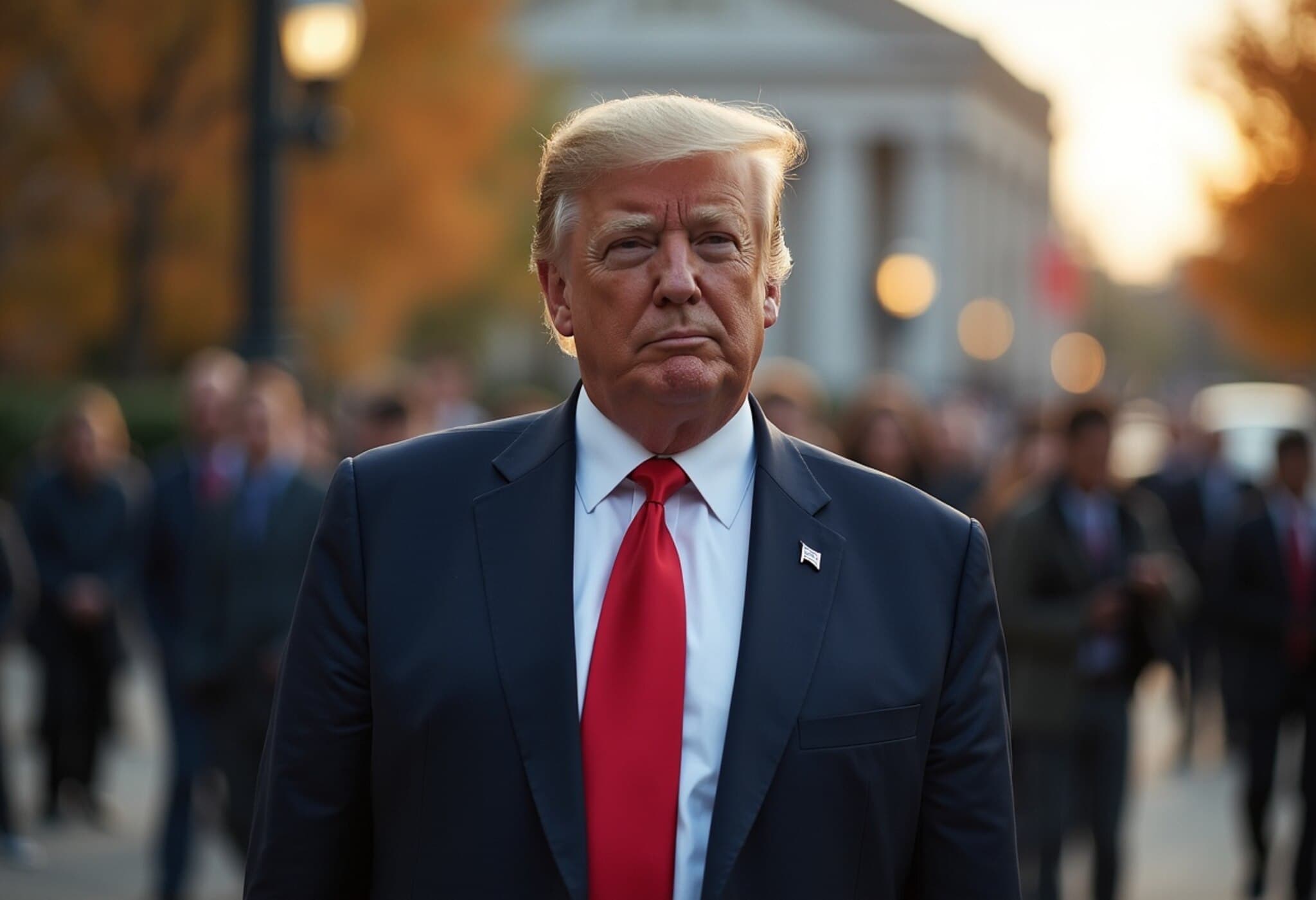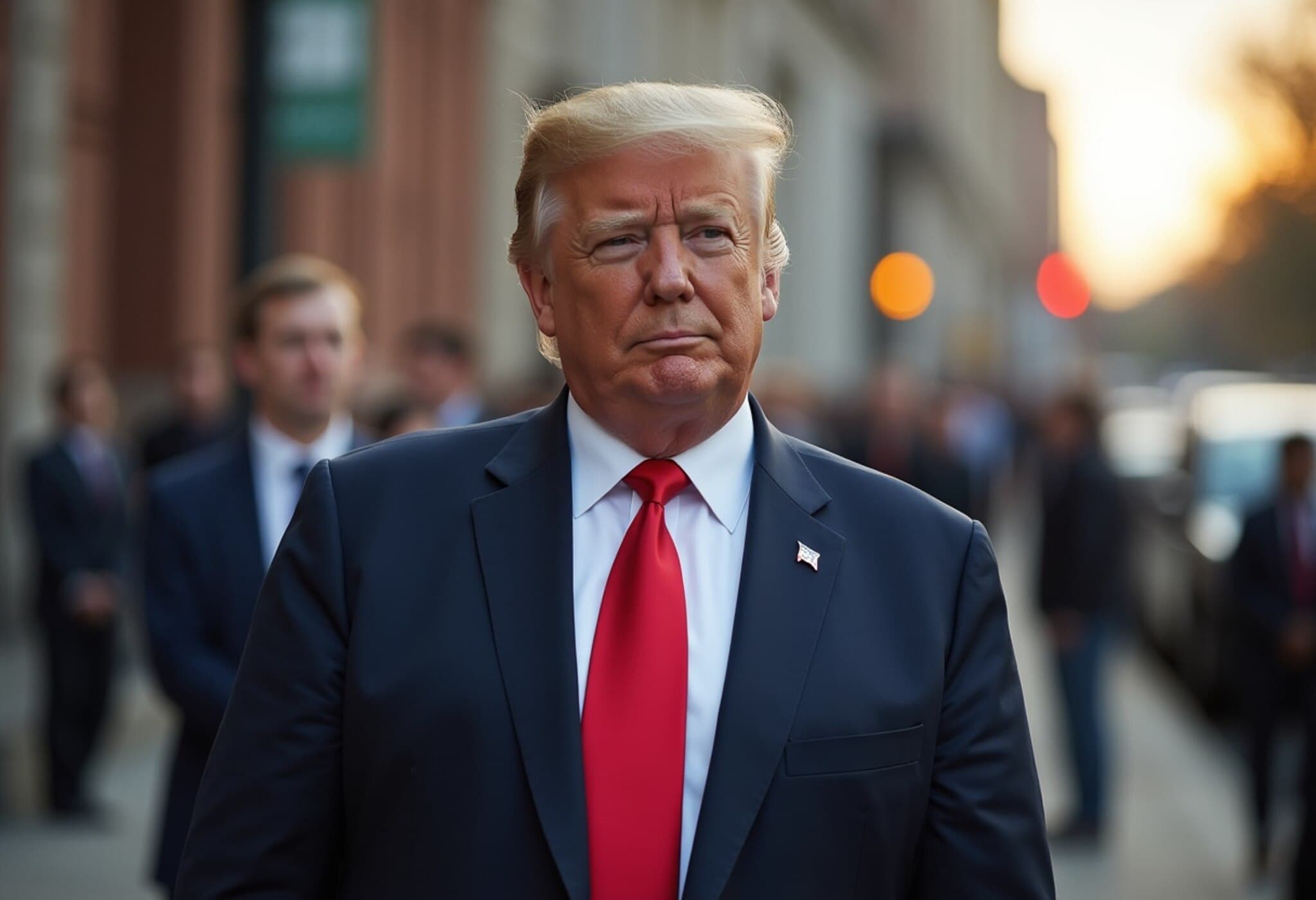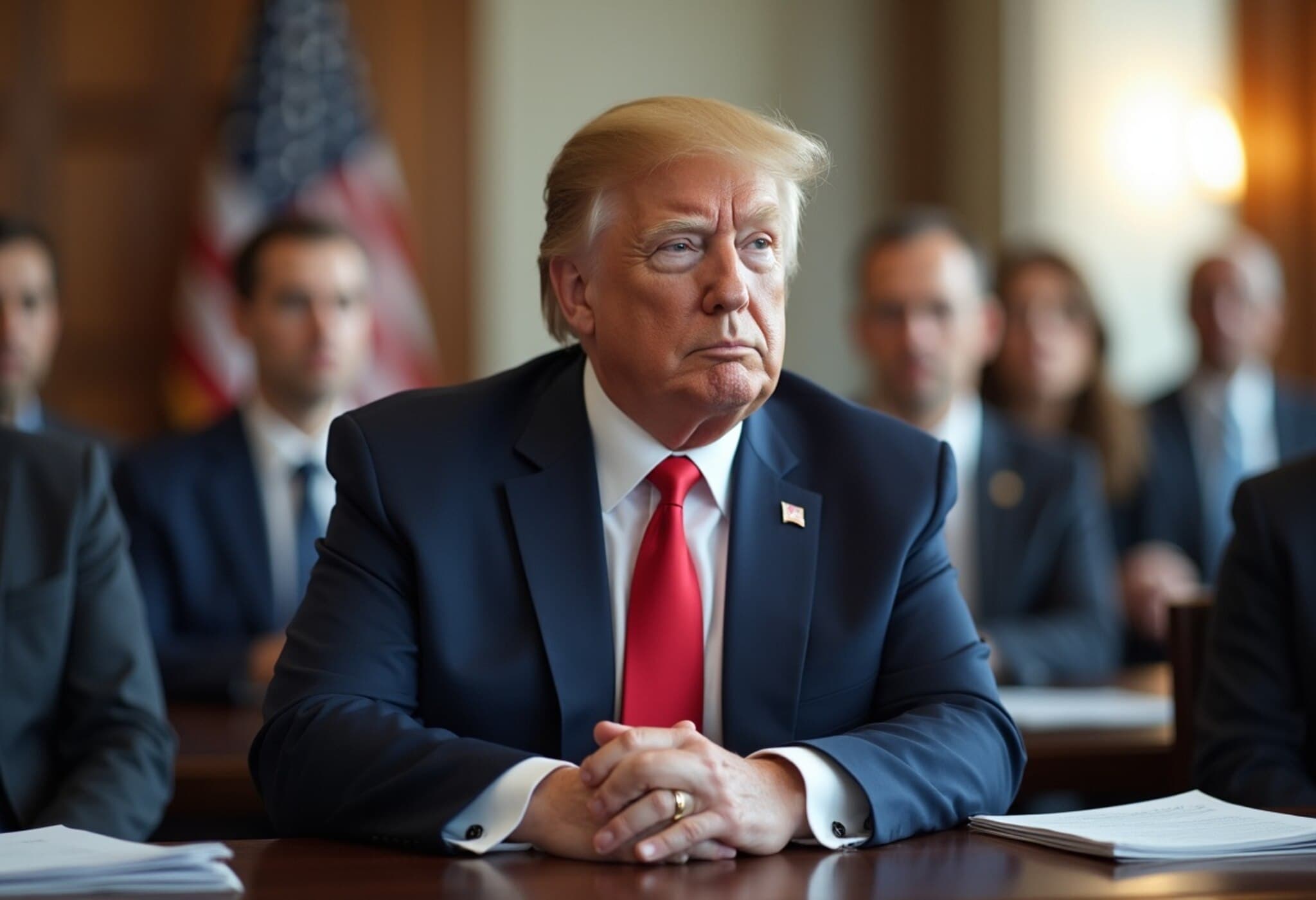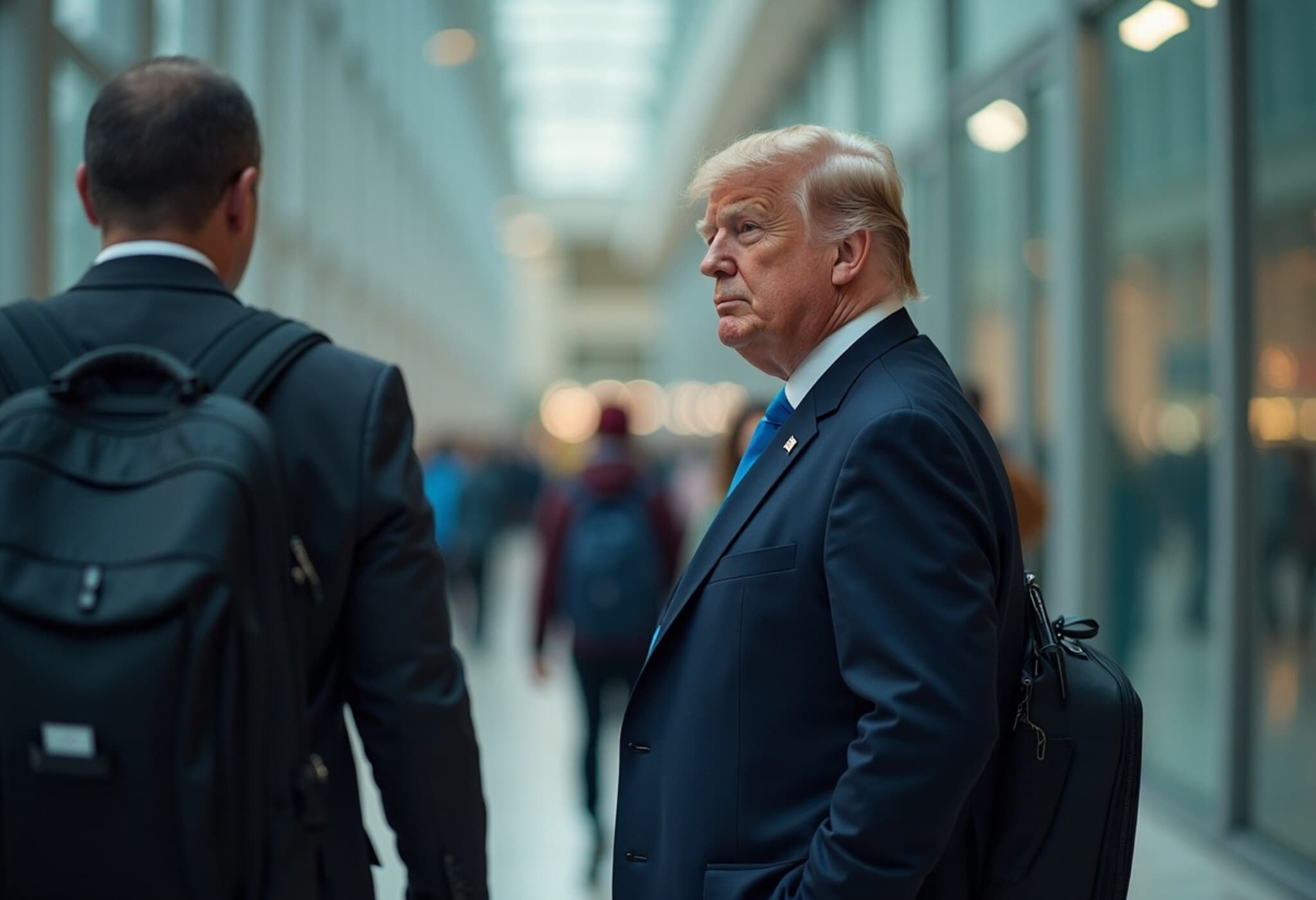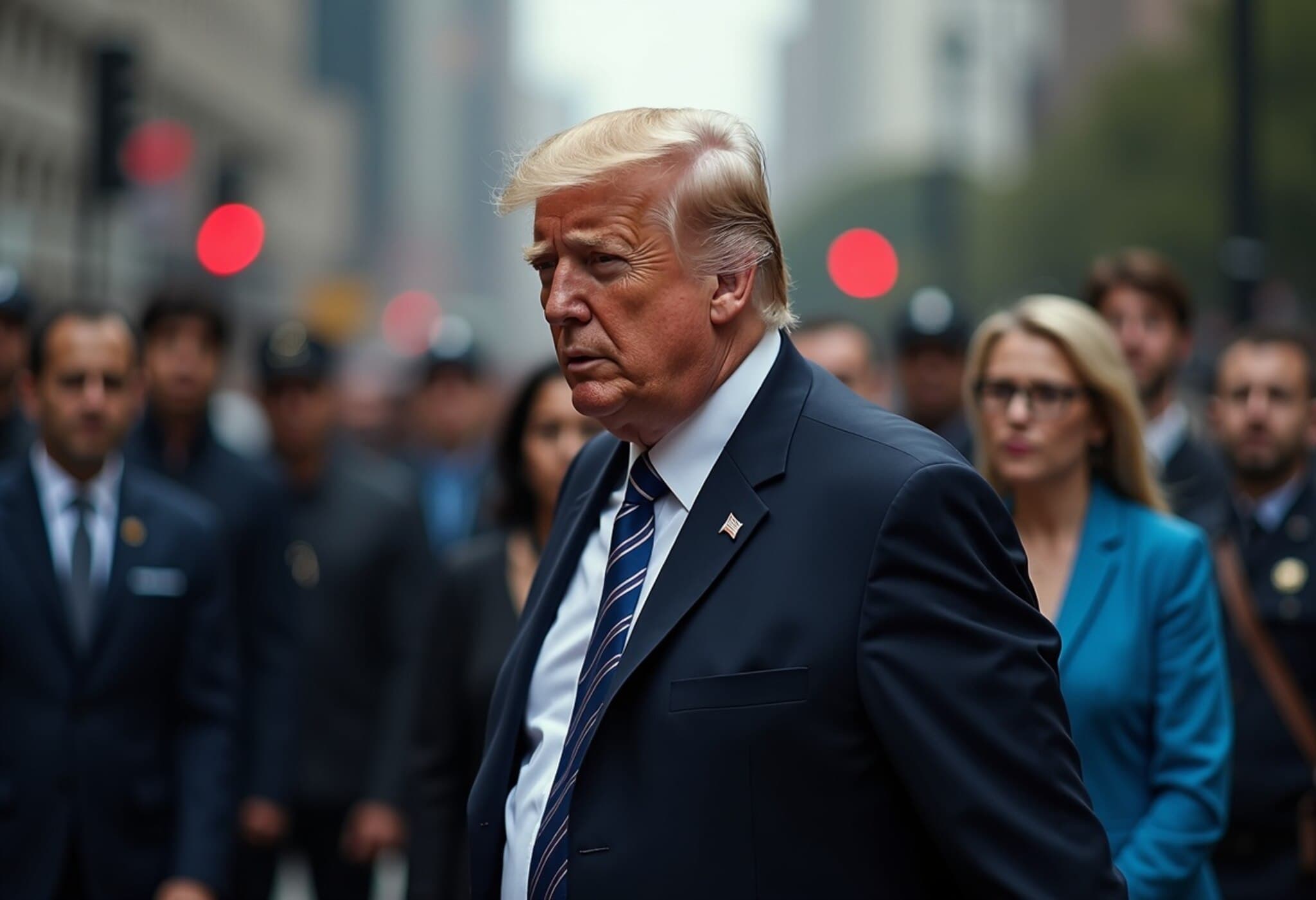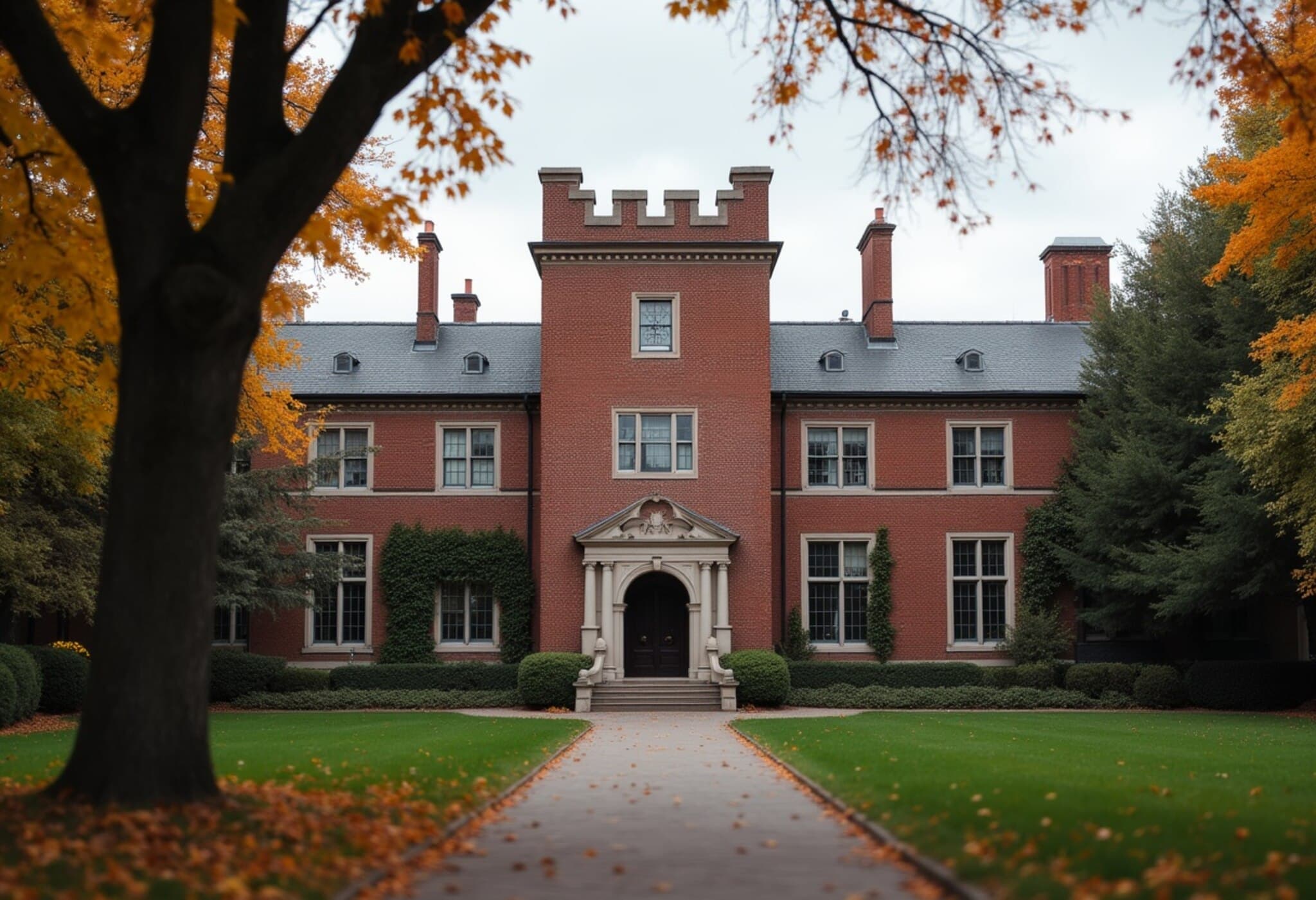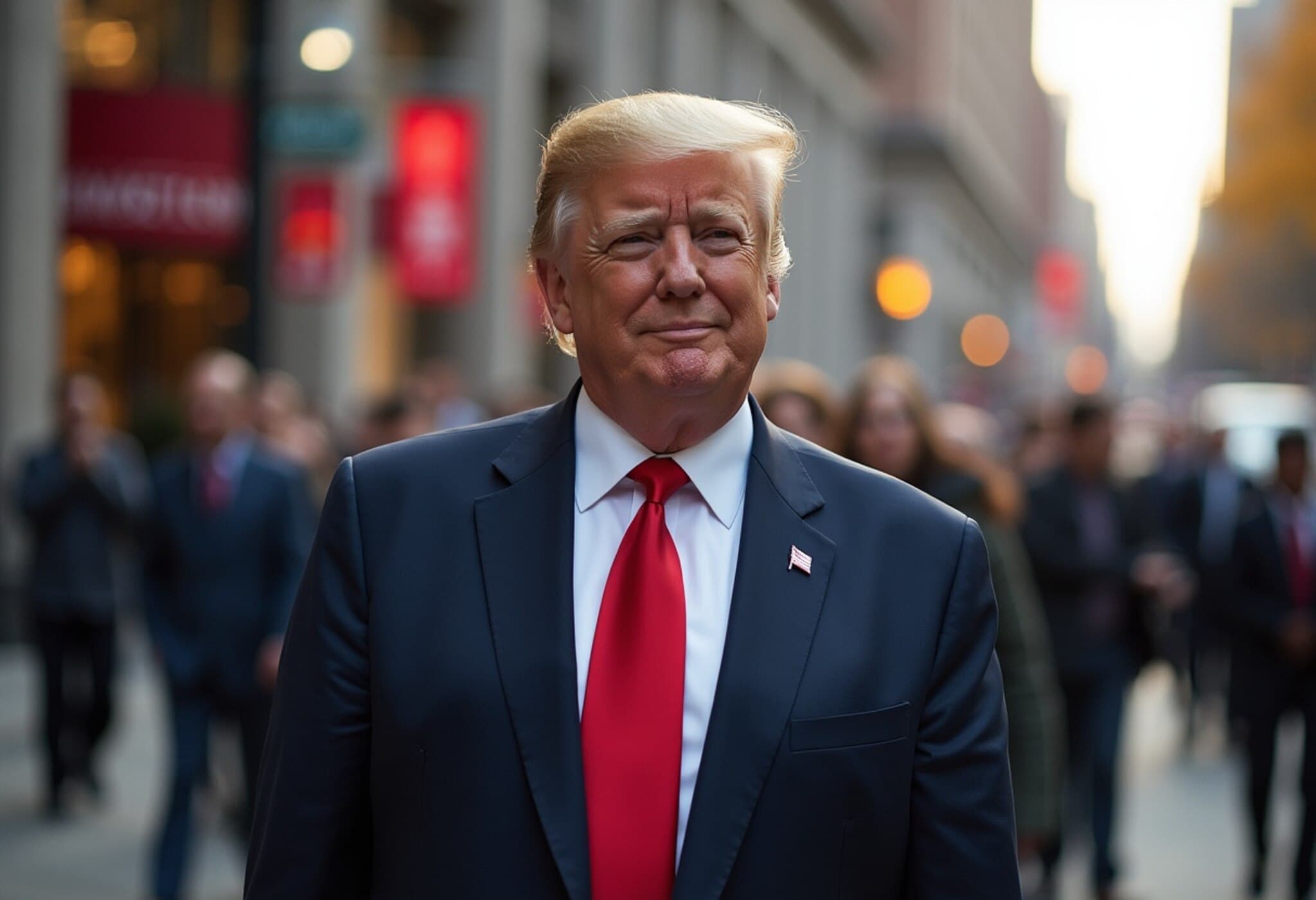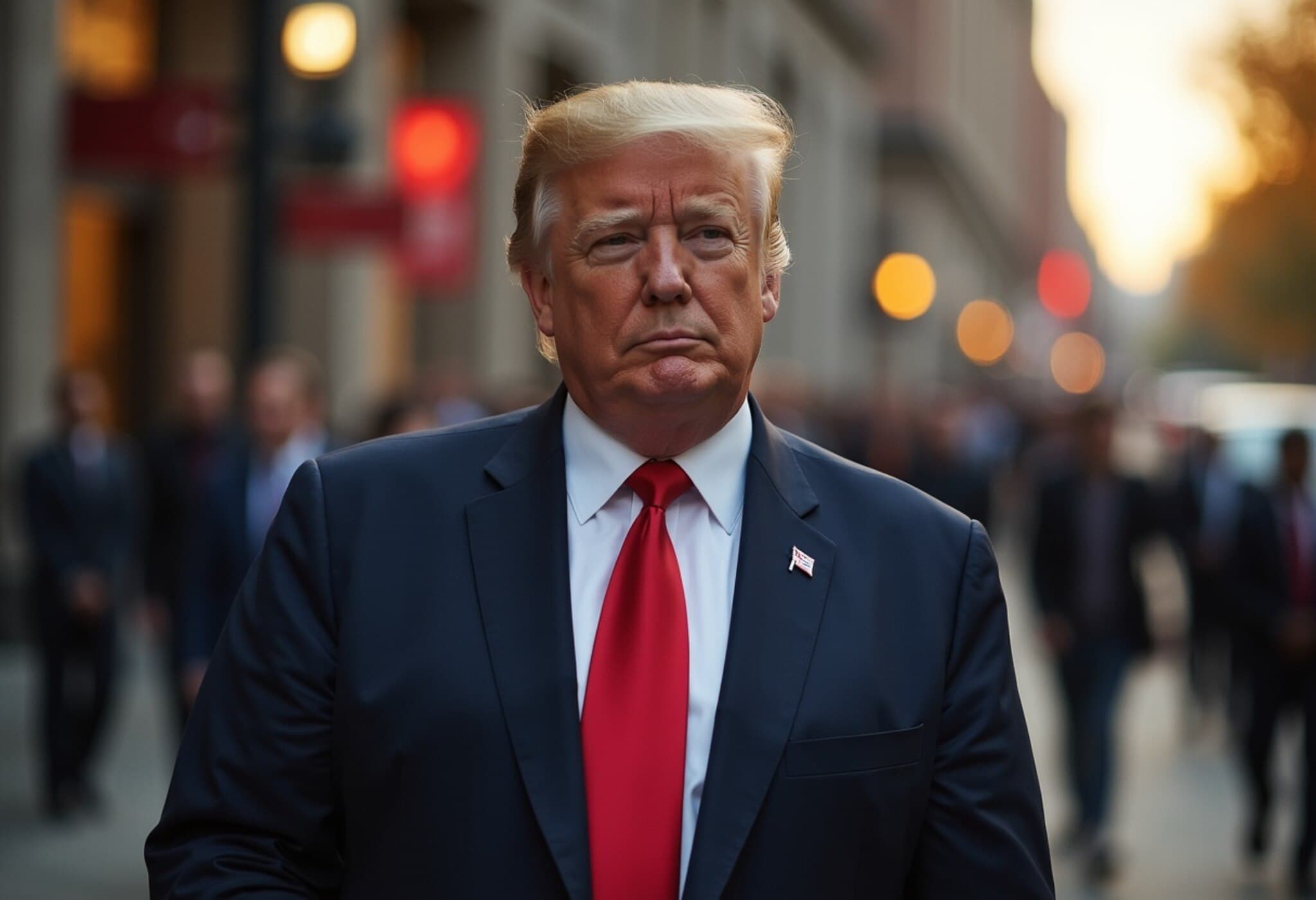US Department of State Launches Investigation into Harvard’s Exchange Visitor Sponsorship
In a move signaling increasing tensions between the federal government and elite academic institutions, the US Department of State announced on July 24, 2025, that it is initiating a formal investigation into Harvard University’s eligibility to serve as a sponsor for the Exchange Visitor Program (EVP). This program, crucial for bringing international scholars, researchers, and students to the United States, is now under intense scrutiny amid claims from the Trump administration questioning Harvard’s compliance with federal regulations.
Background: A Deepening Rift Between Harvard and Federal Authorities
Secretary of State Marco Rubio publicly declared the investigation, framing it as a measure to ensure that government-backed exchange initiatives align with national security interests and foreign policy objectives. This latest probe marks the Trump administration’s most recent escalation in its ongoing confrontation with Harvard, which has previously included controversial attempts to revoke the university’s ability to host international students altogether.
Experts note that this is not just a routine compliance check. Rather, it underscores a broader political narrative where the administration has expressed concerns about information transparency and alleged discriminatory practices on campus — accusations Harvard firmly denies.
Controversies Surrounding Visa Programs and Claims of Discrimination
The core of the investigation centers on Harvard’s role as a sponsor under the J-1 visa category, part of the EVP designed for professors, researchers, and specialists, distinct from the F-1 student visa program. The administration has previously alleged that Harvard failed to provide adequate data related to its international visitors, raising suspicions about the university’s adherence to program guidelines.
One significant past claim involved allegations of antisemitism on campus, which the administration cited to justify earlier efforts to suspend Harvard’s participation in the EVP. While Harvard categorically denies these allegations, labeling the investigation a retaliatory measure violating the university’s First Amendment rights, the accusations have fed into a broader national dialogue about the intersection of higher education, immigration policy, and national security.
Harvard’s Response: Commitment to International Community and Compliance
Harvard spokesperson Jason Newton responded to the news by emphasizing the institution’s dedication to supporting its international students and scholars. “Harvard continues to enroll and sponsor international scholars, researchers, and students, and will protect its international community and support them as they apply for U.S. visas and travel to campus this fall,” Newton said. He reiterated Harvard’s commitment to abiding by all relevant regulations under the Exchange Visitor Program.
Legal analysts highlight that this dispute brings up critical questions about the balance between safeguarding national interests and preserving academic freedom and international collaboration intrinsic to American universities. The ongoing legal challenges, including prior court rulings blocking administrative attempts to curtail Harvard’s visa programs, illustrate the contentious nature and high stakes of this probe.
Implications: What This Means for International Students and Academic Exchange
- National Security vs. Academic Openness: The Trump administration frames the investigation as a necessary safeguard to prevent potential security vulnerabilities while ensuring exchange programs do not conflict with US policy goals.
- Legal Precedents: Past court interventions preserving Harvard’s rights highlight the judiciary’s critical role in mediating these disputes.
- Global Academic Reputation: Prolonged investigations and federal scrutiny may impact the United States’ standing as a welcoming destination for global talent.
- Student and Scholar Uncertainty: International students and researchers might face increased anxiety and administrative hurdles due to prolonged visa uncertainties.
Editor’s Note
This investigation into Harvard’s role as a sponsor for the Exchange Visitor Program exemplifies the complex challenges at the intersection of immigration policy, national security, and academic freedom. While safeguarding the nation remains paramount, policymakers must tread carefully to avoid undermining the invaluable cultural and intellectual exchange that universities like Harvard facilitate. As the story unfolds, questions remain about the future of international education in the US and how legal and political pressures will shape it. Readers are invited to reflect on how these dynamics might affect global collaboration and the open exchange of ideas that underpin innovation and mutual understanding.

